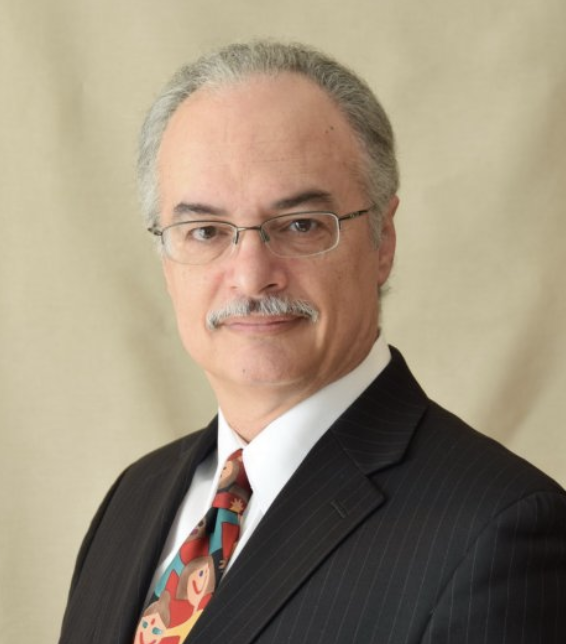While it may be tempting to think that multilingual learners are simply individuals who have two (or more) languages in their head, in reality it's more than that--it's a collection of experiences. Important things to keep in mind are:
- Attainment of developmental proficiency in language and acculturation is multifaceted and complex and requires linguistically appropriate education.
- Both language acquisition and acculturative knowledge acquisition are and must be understood as developmental processes.
- Use of normative standards developed on monolingual speakers are not representative of bilinguals and their varying language experiences in both of their languages.
- Once a bilingual, always a bilingual—individuals do not suddenly cease to be bilingual/bicultural simply because they have become dominant or proficient in English.
- Bilingual/bicultural experiences differ markedly from monolingual/monocultural ones and have important implications for academic and cognitive development across the lifespan.
- Early influences on language development have profound and lifelong effects that manifest in nearly all types of academic, cognitive, linguistic, and neuropsychological measurements.
In Summary: The Bilingual-Bicultural Experience

Select for a transcript of In Summary: The Bilingual-Bicultural Experience
Return to the course homepage or move to the next section.
Last modified: Wednesday, August 6, 2025, 12:54 PM
